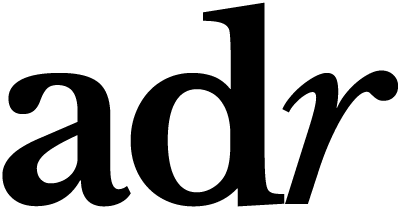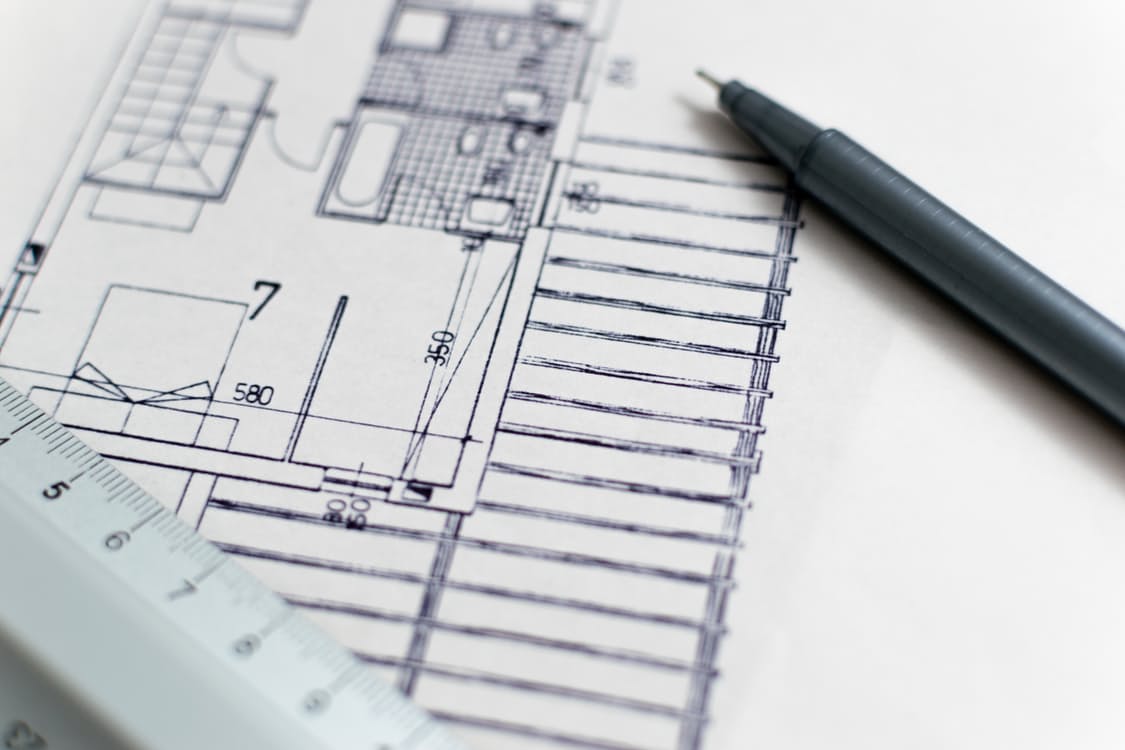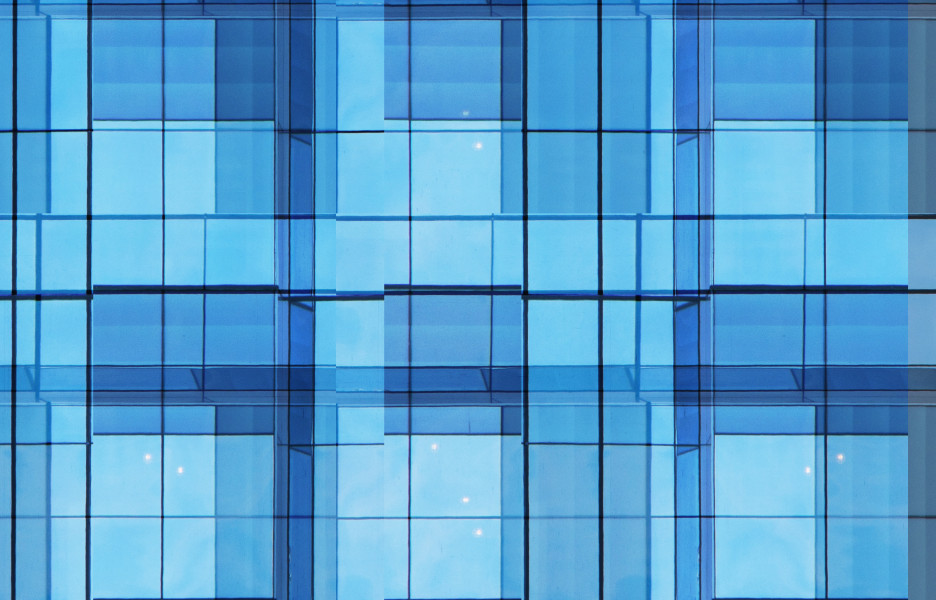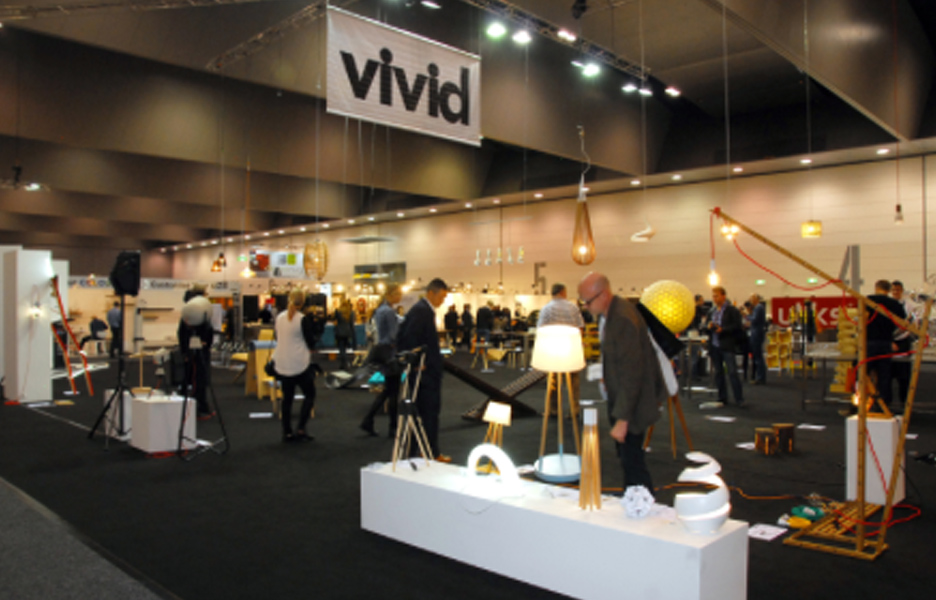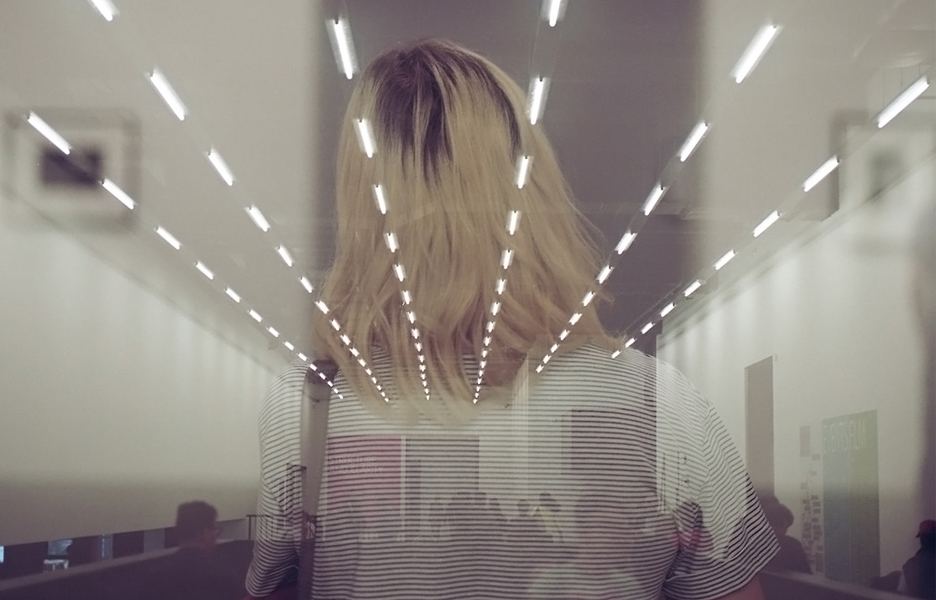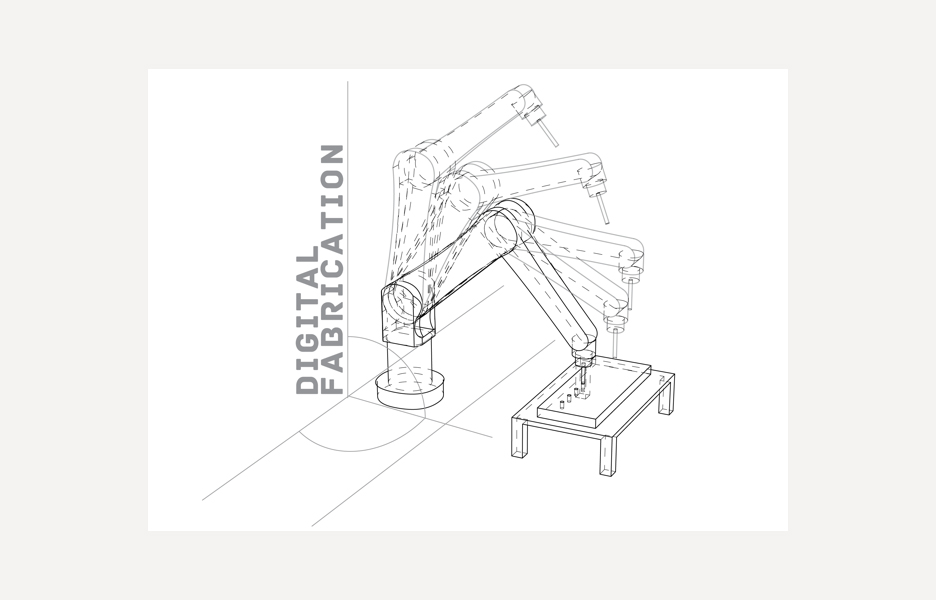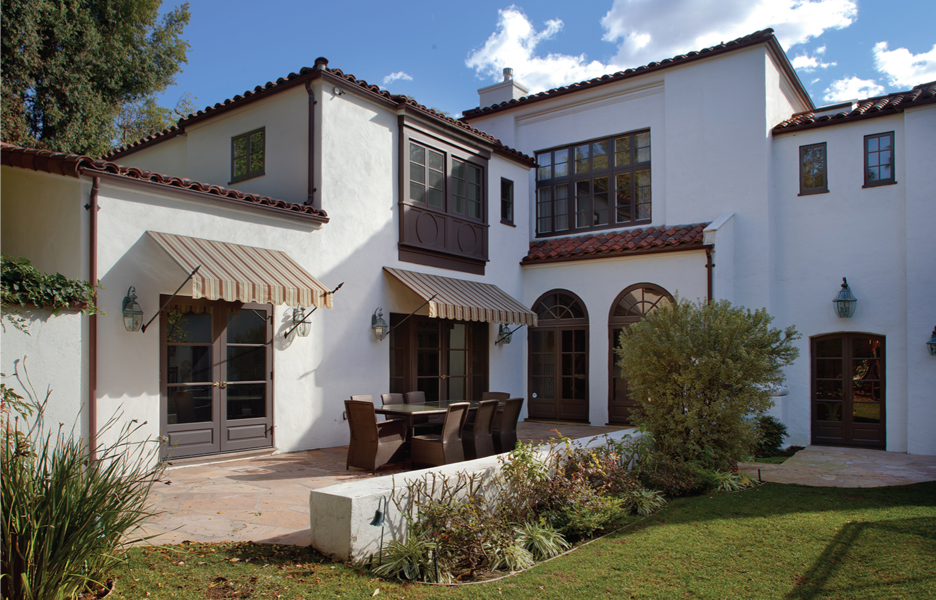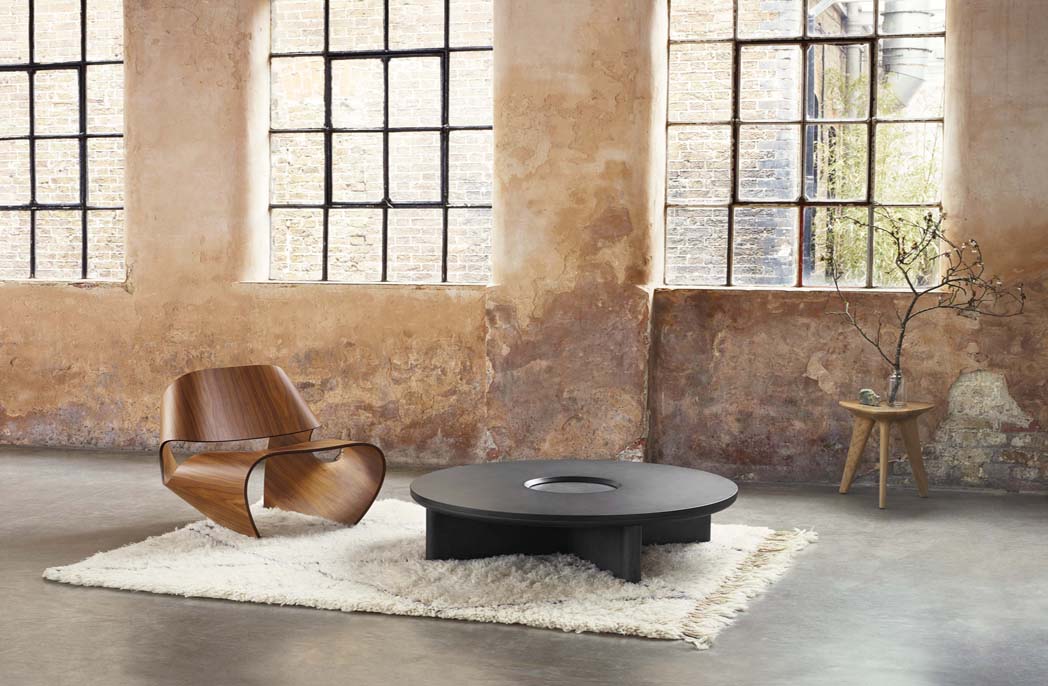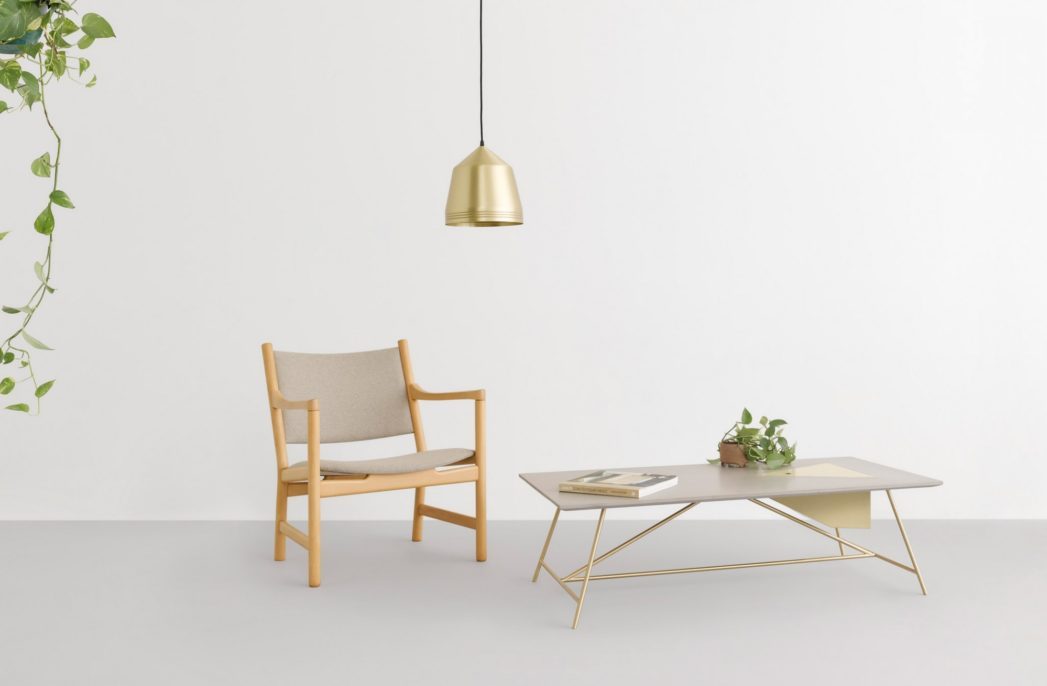
It takes a village
Share
Schiavello Group managing director Peter Schiavello shares his thoughts on our rapidly changing world and why it’s important to see the challenges this presents, not as a source of anxiety, but rather as an opportunity to explore new ways of doing things – for being more agile and adaptable, and finding the perfect tools and systems to help us thrive.
We all know the world can be an uncertain place. This feeling of uncertainty comes from a rate of change that is frequently uncomfortable and concerning in its unpredictability. How can the status quo refer to an existing state of affairs any longer? It surely must now refer to a constantly changing state of social and political affairs based on the sociopolitical revolutions and surprises we are witnessing across the world. The only thing that we can predict with any certainty about the future is that it is impossible to predict it at all.
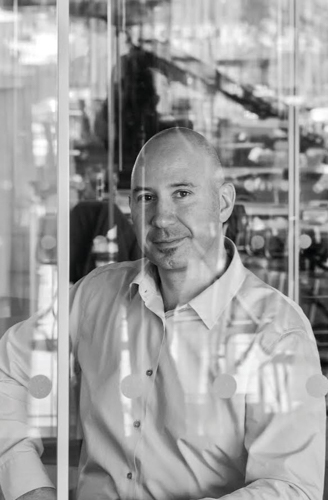
Peter Schiavello
But one thing we can rely on is experience, and plenty of it, to make some well-researched and supported assumptions of the kinds of changes and developments we can expect. And experience is something Schiavello has in abundance. The company was founded over 50 years ago by my father Tony and Uncle Joe, with the entrepreneurial spirit ‘Anything is Possible’ as its mantra.
Today, we continue to invest in ongoing research and development of knowledge to consider how we can best support our customers’ often unknown future needs. We pursue thoughtful design-based solutions to solve problems across a wide range of needs and desires.
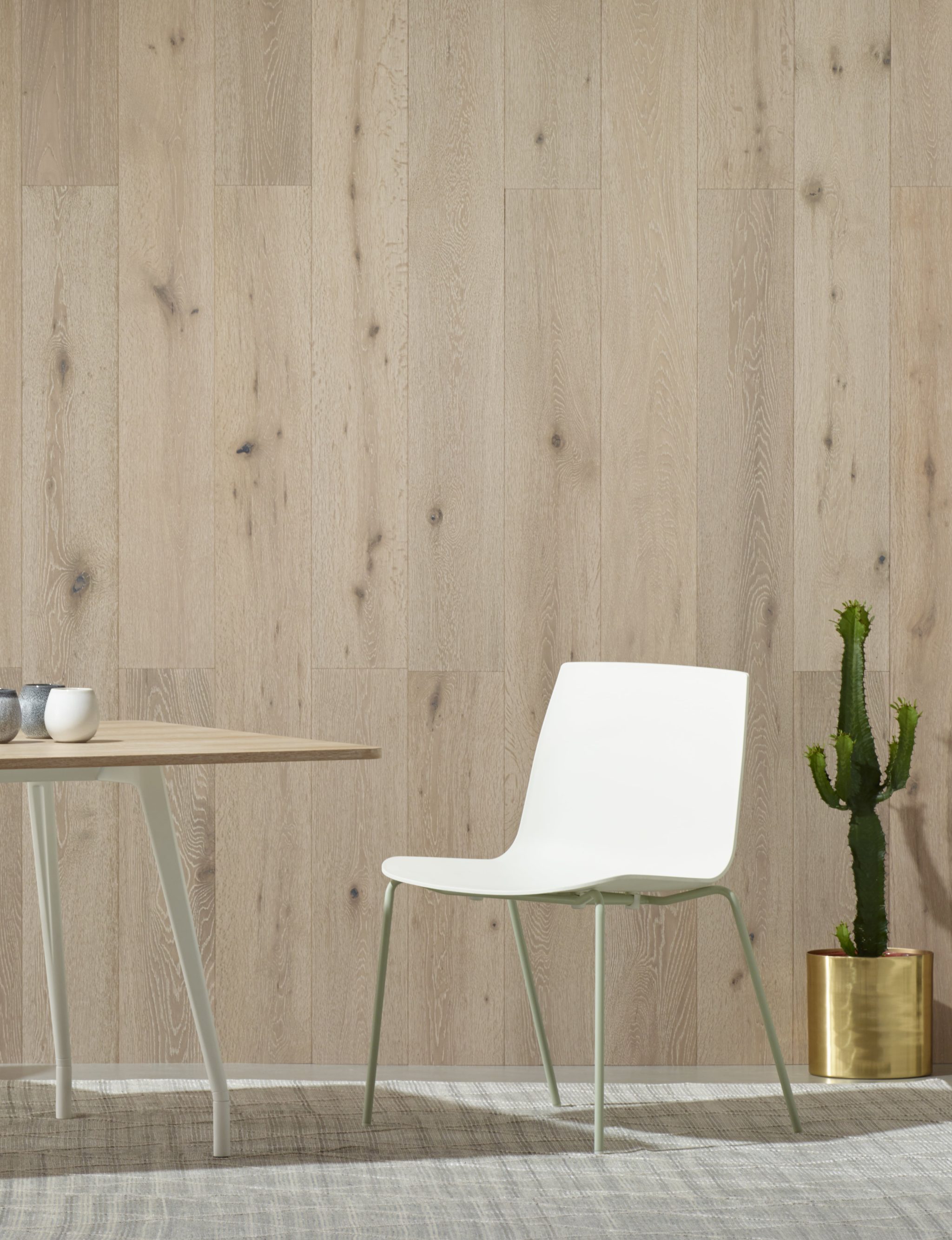
Schiavello’s MR Chair
Of prime importance is emphasising the new skills needed to cater to the changing needs of our markets. As workplaces and the very nature of work have evolved it is imperative that manufacturers servicing these industries are equally agile, designing products that can best support the increasingly diverse ways in which today’s workforce goes about its business, navigates the world it inhabits and the various challenges it throws up at it.
We know that in a relatively short period of time, mobility and connectedness have untethered us from our historical lifestyles. Today, we are all far more connected with life and work. We have unimaginable choice and therefore there is huge demand for greater diversity of experience and expression of individuality.
At the same time, at the most fundamental level, communication is still key to all decisions, business or otherwise. Where we do it, however often we do it, whatever form it takes, the simple act of talking is still what it takes to get things done. And any products or systems that facilitate this, or make it easier, are a boon to the modern workforce.
Toku is a range named after the Japanese word for talk and it has been designed with connectivity at its core. Evoking a sense of community, this collection considers modern-day workers – Millennials and beyond – who crave collaborative and interactive spaces and furniture.
It now appears clear that the sharing economy will continue to grow. I expect that it will become the norm to own fewer of the assets and products that we need and desire in our everyday lives. Instead, we will have unlimited access to the shared use of an infinite variety of assets and products, with the associated benefits and gratification that comes from our choices. This will not always be by choice, though, as in many cases it will be for economic reasons, as affordability and availability of resources will be tempered by environmental concerns and constraints.
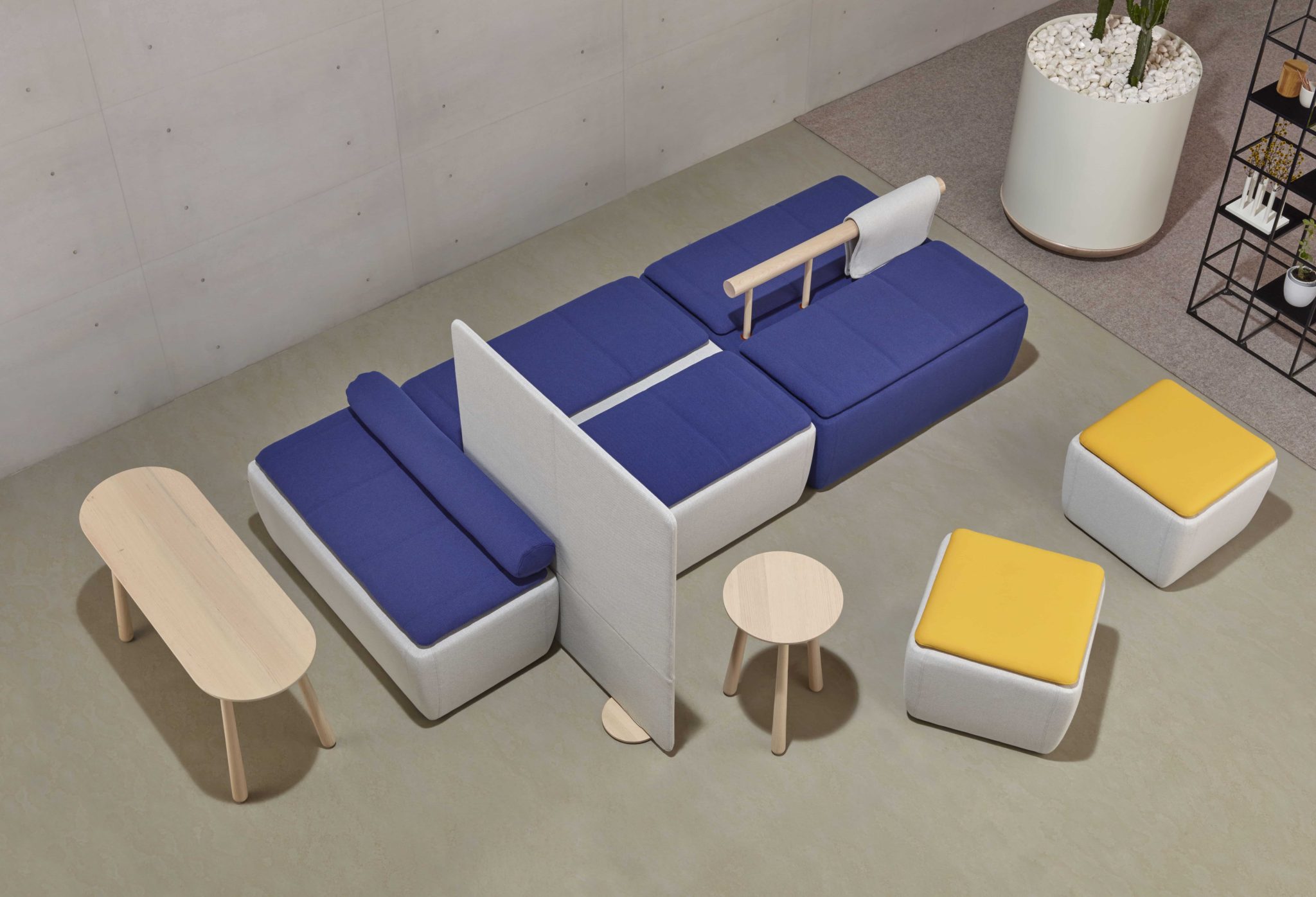
The Toku collection designed by Gavin Harris encourages human interaction and communication
Even if we work remotely, however, there is a growing need for moments of respite or places where we can pause, consider and think deeply or dive down into the nitty gritty with colleagues and associates.
This sharing economy has prompted the release of the Focus booths and pods – a range actively promoting the opportunity for reflection and a quiet refuge among the hustle bustle of contemporary business. If everything and everyone is connected and sharing their car rides, their accommodation and their tools, there has to be a way to step out of it from time to time. To find a private and quiet space in a world of activity-based working. Focus provides exactly that.
What else can we expect to see in the near future? I believe advances in technology will continue to automate the jobs and tasks of people around the world. Many of us will at some point be faced with the reality of having to reinvent and reapply our skills into new ways of earning an income. The ‘just in time’ workforce will increasingly fulfil future business requirements. Medical research and science will continue to succeed in gifting the world’s population with longer life, enhanced health and augmented capability. This, in turn, will contribute to ongoing demographic change within our society.
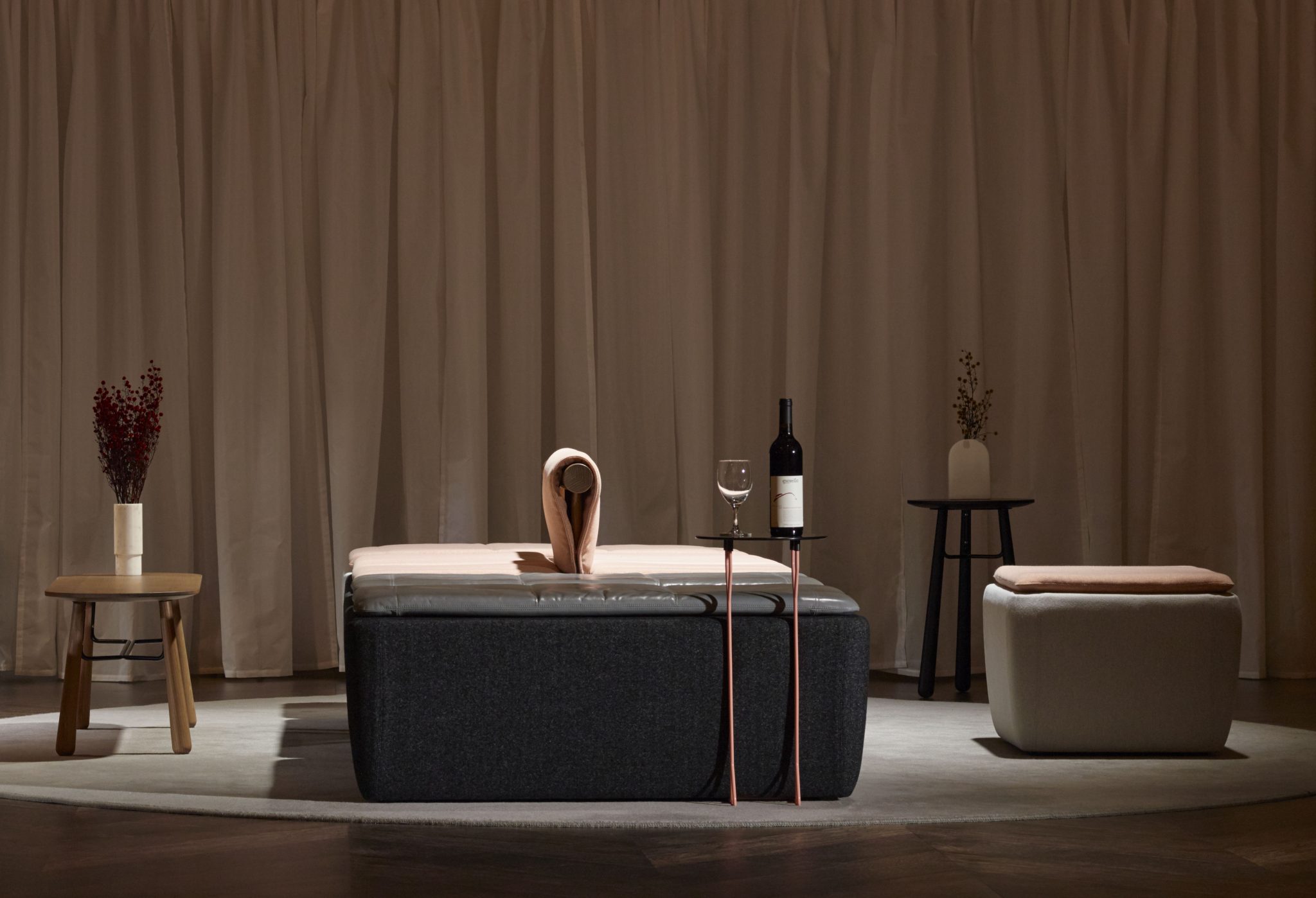
The Toku Collection is equally at home out of the office
But in the here and now, for those deep into the work/life blur, it’s essential that the furniture available to them can adapt to the many different facets of their work/life day. The MR chair bridges the gap between office and home, crafted with flexibility in response to these game-changing revolutions now being witnessed in work practices across the globe. And for those finding themselves caught up in the technological innovations of those revolutions, there is the Kayt Village – an entirely dynamic work environments that rolls all of the above requirements and considerations into one brilliantly designed whole. Is it a pod? A booth? An activity-based workstation? A home away from home? It’s all of the above and more. After all, you know what they say. It takes a village…
